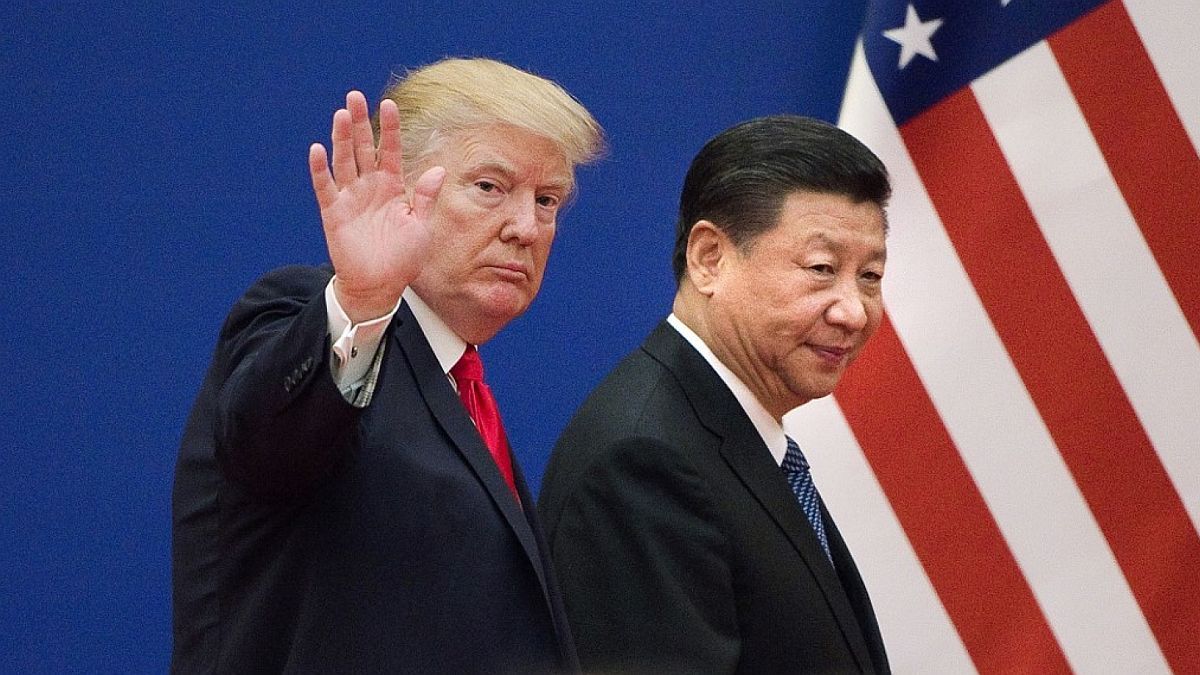Menu
Local public transport: Countries after traffic lights are turned off, worried about Germany ticket
Categories
Most Read
Food: Coffee is becoming a little cheaper again
October 23, 2025
No Comments
Auto industry: New chip supplier should save VW from a production stop
October 23, 2025
No Comments
This supermarket offers unmissable discounts until next Thursday, October 30
October 23, 2025
No Comments
Will chocolate finally be cheaper again this Christmas?
October 23, 2025
No Comments
Logistics: Profit slump at Kühne+Nagel: up to 1,500 jobs lost
October 23, 2025
No Comments
Latest Posts

Scott Bessent confirmed the meeting of Donald Trump and Xi Jinping in South Korea this Friday
October 23, 2025
No Comments
October 23, 2025 – 07:57 The US Treasury Secretary announced that both leaders will talk at the APEC summit, amid tensions over export controls. United

Lapidary vision of legendary investment manager on the Argentine rescue
October 23, 2025
No Comments
October 23, 2025 – 07:00 The United States rescue plan for Argentina, under the analysis of one of the largest and oldest financial institutions in

Food: Coffee is becoming a little cheaper again
October 23, 2025
No Comments
Groceries Coffee is becoming a little cheaper again Copy the current link Add to watchlist Consumers have recently had to dig deeper into their pockets
24 Hours Worlds is a comprehensive source of instant world current affairs, offering up-to-the-minute coverage of breaking news and events from around the globe. With a team of experienced journalists and experts on hand 24/7.

